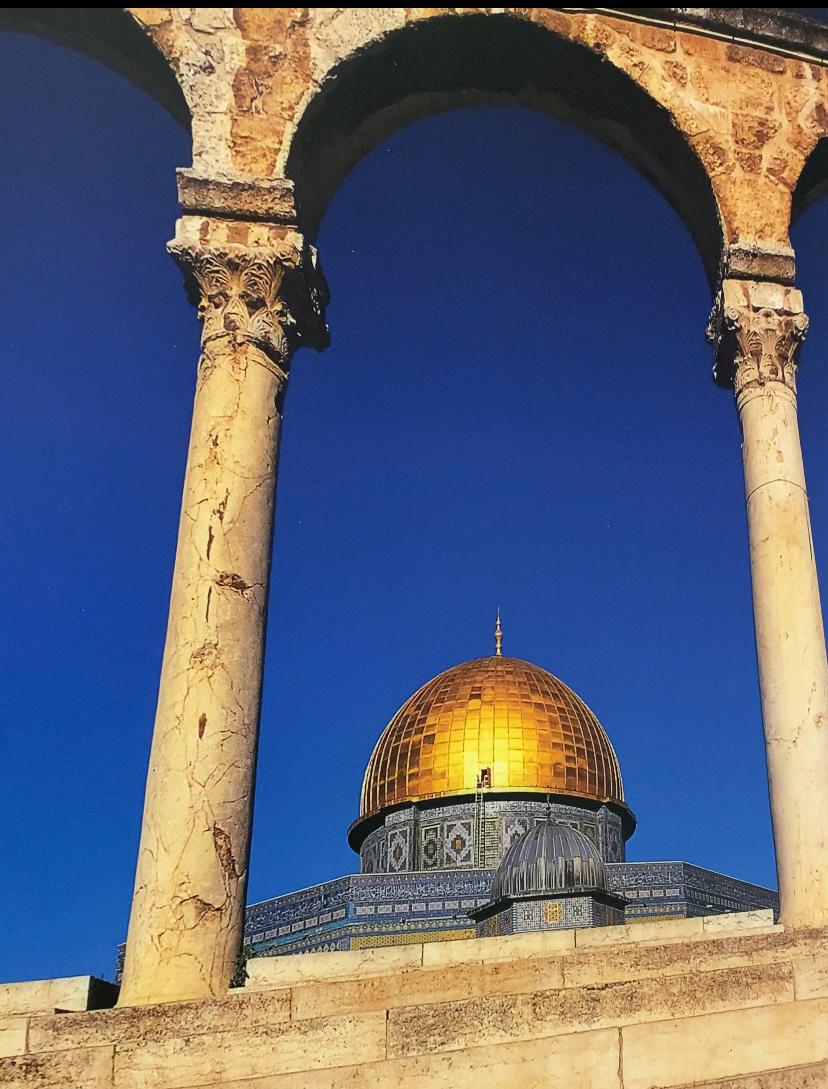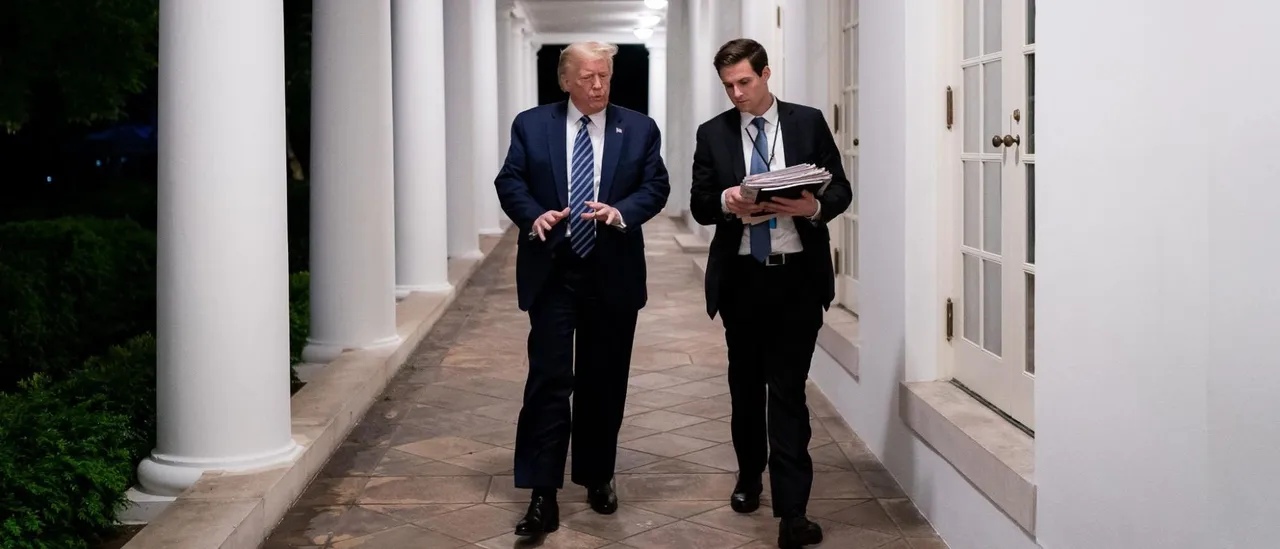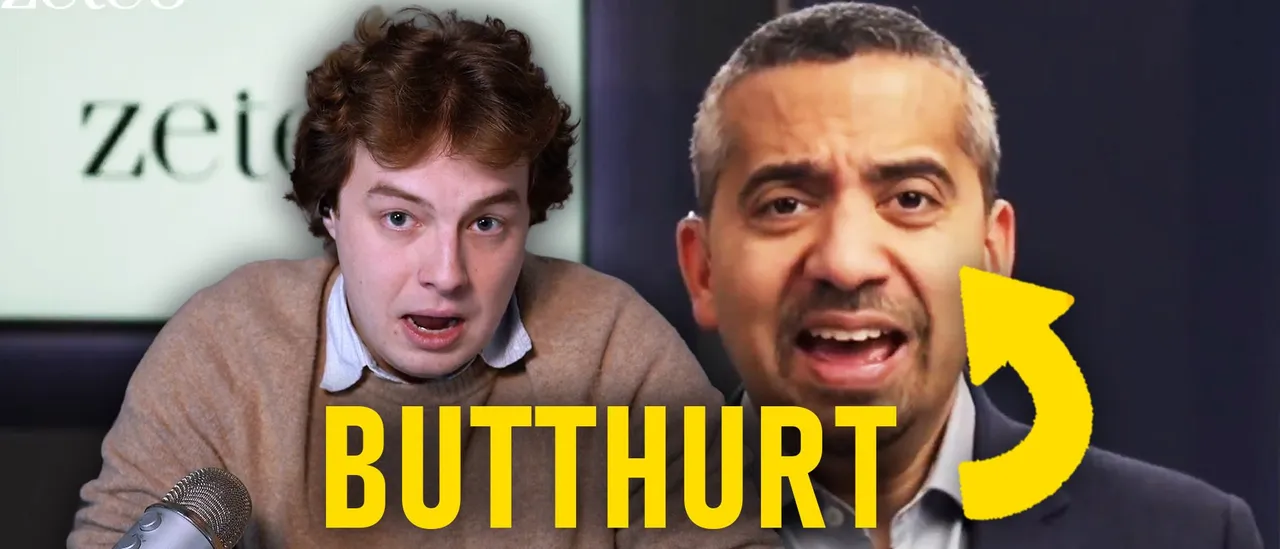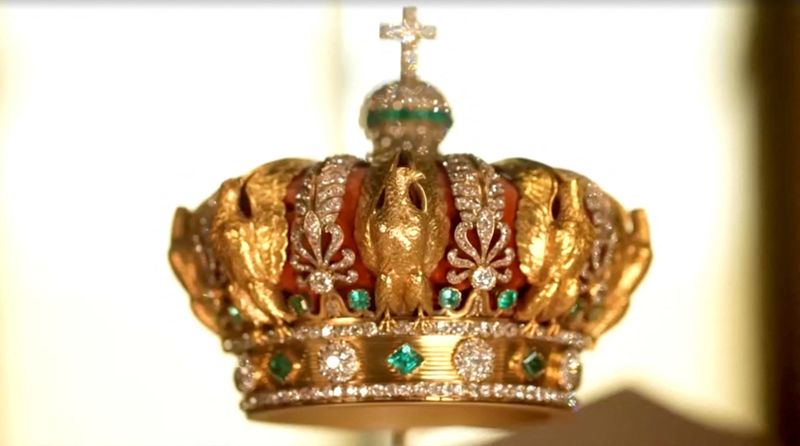Copyright dohanews

According to UNESCO more than 114 cultural heritage sites in the Gaza Strip have been destroyed. Like Gaza, Sudan is witnessing its cultural heritage crumble amid ongoing war. Museums have been looted, archives burned, and ancient sites left vulnurable. At the Fairmont Hotel in Doha, the sound of Ardha drums echoed through the grand hall as delegates from across the Arab world gathered at the 27th Conference on Archaeology and Cultural Heritage in the Arab World, hosted by Qatar Museums in partnership with Arab League Educational, Cultural and Scientific Organization (ALECSO). This year’s theme is “Sustainability of Cultural Heritage: Challenges and Future Strategies.” Yet beyond the academic panels and cultural showcases, one message rang clear: Arab heritage is under threat. Nowhere is this more visible than in Gaza and Sudan. “Preserving heritage is an act of survival”: Lolwah Al Khater In her opening remarks, Lolwah Al Khater, Minister of Education and Higher Education, said the conference seeks to protect heritage from being forgotten — as a living force shaping Arab identity and the future. “This conference reminds us that protecting Arab heritage keeps our identity alive and shapes our future,” she said. “Preserving it is an act of survival and a shared responsibility. We must remember what’s happening in Gaza and Sudan.” In Gaza, ancient stones have become witnesses to loss. Over the past two years, more than a dozen of Gaza’s most historic landmarks, some over a thousand years old, have been reduced to rubble by Israeli bombardment. According to UNESCO, at least 114 cultural heritage sites in the Gaza Strip have been destroyed. Because ground assessments remain impossible due to Israel’s continued airstrikes in the Strip, despite the ceasefire, UNESCO has relied on satellite imagery and analysis provided by the UN Satellite Centre (UINITAR-UNISAT) to monitor the destruction. The Great Omari Mosque, the oldest in Gaza, was destroyed in an Israeli airstrike in December 2023. The Church of Saint Porphyrius, where Palestinians sought refuge, was hit by an Israeli airstrike in October 2023. The Rashad Al-Shawwa Cultural Centre, once a vibrant hub of art and learning, was reduced to rubble by an Israeli airstrike in November 2023. The Central Archives of Gaza City, which preserved centuries of documents and historical records, were also destroyed by Israeli bombardment in December 2023. Reports from from human rights organisations have described the destruction as a form of “cultural genocide”. Mounir Bouchenaki, Director of the Arab Regional Centre for World Heritage and an expert on cultural heritage and sustainable development, is among those documenting the losses. Speaking to Doha News, he said that heritage is increasingly becoming a target and that Gaza is a stark example of it. “The monuments and sites in Gaza are in a terrible situation. Museums, churches, mosques… Everything is destroyed.” he said.“Our role now is to record what remains,” he said. “We work with colleagues in Ramallah and use satellite imagery to understand the full extent of the damage. If a ceasefire holds, we can begin true preservation. But right now, the destruction is immense.” In July 2024, UNESCO added the Monastery of Saint Hilarion/Tell Umm Amer in Gaza to the World Heritage in Danger list. For many, the designation felt less like a warning and more like a recognition of what Palestinians already know: their history is being buried alongside their people. Sudan’s struggle to protect its past: ‘More than 22 museums looted, destroyed‘ Like Gaza, Sudan is witnessing its cultural heritage crumble amid ongoing war. Museums have been looted, archives burned, and ancient sites left vulnerable. For the region’s cultural guardians, the crisis is a painful reminder: wars don’t just take lives, they erase civilisations. Speaking to Doha News, Graham Abdelkader, Undersecretary of Sudan’s Ministry of Culture, Information, and Tourism, described the devastation. “What’s happening in Sudan is a direct intention to distract and rob the cultural heritage of Sudan,” he said. “We have [witnessed] more than 22 museums that have been disrupted completely, robbed… Cultural institutions including theaters, libraries, [and] Sudan TV, radio, and other information centres, have already been disrupted.” Abdelkader emphasised that the fight to protect Sudan’s heritage is not just a national issue. “Cultural heritage is not owned only by one country or by one nation,” he said. “This is an international issue, this is a culture that combines mankind wherever it is.”He noted that many museum items have been stolen and called for international cooperation to address the theft. He referenced the 1970 UNESCO convention urges nation states to take steps to recover stolen cultural properties. “This needs cooperation between many countries,” he added. “We have to work hard to restore all these items to our museums.” Qatar’s commitment to safeguarding Arab cultural heritage Mohamed Saad Al Rumaihi, CEO of Qatar Museums (QM), noted that the timing of this year’s conference, coinciding with QM’s 20th anniversary, carries special significance. “This event reaffirms Qatar’s commitment to safeguarding Arab cultural heritage,” he said. “Through dialogue, innovation, and shared expertise, we aim to strengthen collaboration and ensure the sustainability of our collective heritage for generations to come.” Mohamed Ould Amar, Director-General of ALECSO, described the conference as “a modern, forward-looking platform that blends tradition with innovation.” He emphasised the importance of unity, especially as heritage sites across the Arab world face threats from war, occupation, and neglect. “Standing tall and strong to defend our Arab heritage must be our shared focus,” he said. Running alongside the conference is the first Arab Youth Forum for Sustainable Heritage, bringing together young researchers and students from across the region. Its mission is simple but powerful: to empower the next generation to protect, study, and celebrate the Arab world’s heritage. At the entrance, guests were welcomed with gahwa, traditional Arabic coffee, a small gesture that reflected the conference’s core message: heritage isn’t only preserved in museums or ruins; it lives in everyday acts of tradition and culture.



